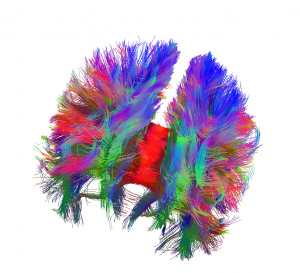Dr. Vaisakh Puthusseryppady’s and Daniela Cossio’s commentary highlighting the importance and implications of Zheng et al.’s finding about the hippocampal subregion CA1 as it relates to the spatial decline in older adults was recently published in PNAS!
Zheng et al. found that the neural mechanisms underlying spatial memory involve both age-related and age-invariant factors. Altered signal input into the hippocampal CA1 region was associated with age, but the fidelity of neural activation patterns in CA1 was not – both young and older adults with greater signal fidelity had better spatial discrimination. This suggests strategies to improve spatial memory ability could benefit those at risk for Alzheimer’s, as the disease pathology affects brain regions critical for spatial navigation. Vaisakh and Daniela also suggest that future studies may focus on training individuals to identify unique environmental features could strengthen pathways for better spatial memory, as individuals with superior spatial memory are better at differentiating between environments regardless of age.
Puthusseryppady, V., Cossio, D., & Chrastil, E.R. (2024). Spatial memory and hippocampal remapping: Who will age well? Proceedings of the National Academy of Science 121(3), e2319952121
